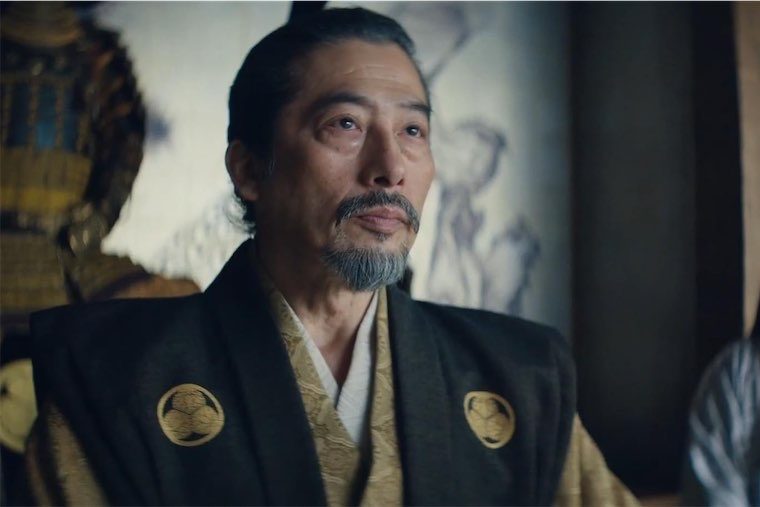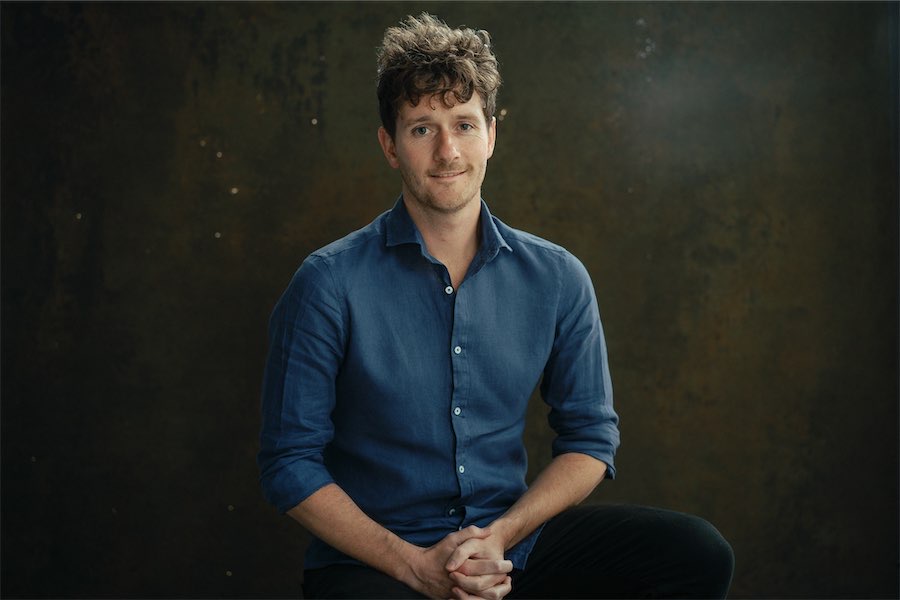OPINION / Lucian McGuiness
STUDENTS, staff, alumni and community stakeholders have reacted with fury and indignation to the proposed changes to the ANU School of Music curriculum, initially flagged rather clumsily by the ANU on May with an internal memo that informed academic staff that the future of the School probably wouldn’t include them.
I’m sure the bean counters at the ANU would have expected this reaction, but I’m equally sure they don’t fully understand it.
A higher education degree in music is rarely motivated primarily by consideration to “graduate destinations”. The fact is students of music simply aren’t interested in the pragmatic elements of a tertiary music education, and the reason is simple: the attractiveness of a reputable conservatorium of music lies in the quality and the nature of the staff and the student body. Their career prospects are murky, at best, and where measurable competency standards are concerned, music is an autodidactic pursuit to large degree anyway.
The more elusive essences music students wish to acquire are less tangible, and based in personal and communal experiences, which is why all successful students of music have mentors and peers to thank.
In the May 4 press conference announcing the changes publicly, deputy vice-chancellor (academic) Prof Marnie Hughes-Warrington and head of the ANU School of Music Prof Adrian Walter seemed weary and frustrated by the inevitable opposition to their plan.
Those with connections to music education will empathise with student reactions (and perhaps remember the 2010 Victorian College of the Arts debate), but to outsiders it may seem a disproportionate, unreasonable response or simply an unrealistic position given the economics of the tertiary education system.
The ANU reports that the School of Music is currently running an annual deficit in the region of $2.7m for an undergraduate student body totalling less than 300. The 2011 Higher Education Base Funding Review also identifies music as a discipline inherently underfunded in the current system. The ANU School of Music has a relatively low annual intake, meaning there are few opportunities to benefit from economies of scale, something private institutions like the Australian Institute of Music rely upon to help balance the books. From an administrator’s point of view, the proposed curriculum change, which shifts focus far away from the traditional studio-based music performance degree, makes perfect sense.
It’s not difficult to see that studio-based learning, especially in music conservatoriums where the student to staff ratio is very low, is inherently expensive. To trim the budget, one-on-one tuition will cease to be a standard element, students will receive credit for work experience with community partners, and some content will be delivered digitally in a special video-conferencing arrangement with the Manhattan School of Music in New York.
Reflecting the patchwork nature of a modern Australian musician’s career, they’ve proposed complementary areas of focus tailored to the surveyed “graduate destinations”, including arts-policy, business, management, pedagogy and other pathways that those trained in music often find work in. Prof Walters has said that a new generation of students who recognise the true “portfolio” nature of a modern musician’s career will be excited and enthused by the newly invigorated range of options on offer within the bachelor of music program.
But for performance-oriented students, the promise of mentorships with a respected teachers, and bonding with other elite students, is the principle drawcard to a tertiary music institution. They know the career opportunities for performers are slim, and in any case, in the world of performance a BMus or any tertiary award is completely irrelevant.
However, a respected conservatorium with renowned performance teachers and a reputation for elite students offers a bounty of opportunity only the wealthiest and best connected of wannabes could hope to assemble around themselves otherwise. Previously, Prof Walters seemed to concur, recognising the importance of the School staff reputation in a 2008 press release announcing his appointment;
“It will be important to draw on the significant strengths and reputation of ANU staff and to identify niche areas of activity to further enhance the School’s reputation and effectively position it for the future.”
In contrast, in the May 4 press conference he downplayed the role of teaching staff, declaring that, “the way you build a reputation is not through specific people”.
However, Prof Walter’s position on the staffing changes may be more complicated than they appear as he was reported to have taken leave this week despite VC Hughes-Warrington affirming the University’s desire that he remain and oversee the implementation of the new curriculum including the staff restructuring.
Walter refers to “about 23” full-time academic staff who will be asked to re-apply and compete for just 13 future positions. In reality, academic teaching at the School is spread between almost 50 sessional, part-time and full-time staff. These are highly respected instrumental performers, composers and teachers who, for the most part, are attracted to an otherwise small rural city by the reputation of the institution and the promise of steady income. However, under the changes, across the board one-to-one instrumental tuition will be replaced with a cash “professional development allowance” equal to roughly half the value of the current tuition scheme, to be spent at the student’s’ discretion on any approved development activity, be it tuition or other services.
How many of this teaching elite will remain in striking distance of the School hoping for the favour of students who desire instrumental tuition over, for the sake of argument, marketing advice, is anyone’s guess. You have to assume the excellence pool will be depleted somewhat, leaving an institution rich in fashionable curriculum but potentially poor in what music students value the most: close and frequent contact with teachers they respect.
Lucian McGuiness is a musician who received a BMus majoring in performance from the ANU School of Music in 2002. He currently juggles a portfolio career that includes, but is not limited to, performances in Australia and internationally, composition, grant-writing, book-keeping, website maintenance, not-for-profit corporation management, musical direction, conducting, teaching, writing and motorcycle maintenance.
Who can be trusted?
In a world of spin and confusion, there’s never been a more important time to support independent journalism in Canberra.
If you trust our work online and want to enforce the power of independent voices, I invite you to make a small contribution.
Every dollar of support is invested back into our journalism to help keep citynews.com.au strong and free.
Thank you,
Ian Meikle, editor




Leave a Reply